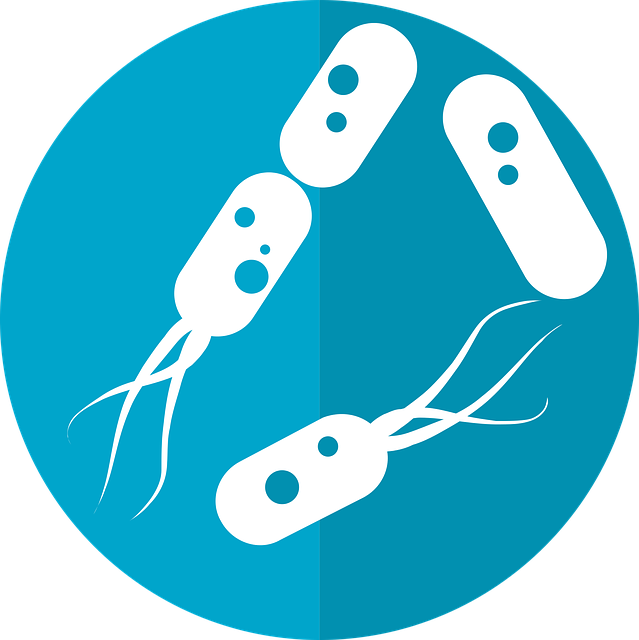In recent studies we have discovered that the human body is composed of more bacteria than actual human cells. This research conducted by the Stanford University School of Medicine wanted to know how human cells and the microbiome interact, an area of study that has been largely ignored due to the lack of tools for measurement. The Stanford study discovered that the bacteria in human bodies create tens of thousands of proteins which are likely involved in key biological processes that keep the microbiome environment healthy.
Implications for AI
The Stanford research shows us that the human body is not at all like the machine some scientists envision it to be. It is not simply gears and various parts. Instead, within the human body is a biodiverse environment, with each small bacteria offering a vital component in the maintenance of our health. The Stanford research shows us both the fragility and strength of the human body, as well as the different kind of intelligence required to create a being as complex as humans.
Read Original Article

Read Online
Click the button below if you wish to read the article on the website where it was originally published.

Read Offline
Click the button below if you wish to read the original article offline.
You may also like
-
Science shows power of belief: Mere suggestion of side effects is enough to bring on negative symptoms
-
What really makes you ill?
-
The current moment is an opportunity to break away from the dominant narrative of medicine
-
Gratitude can alter the human heart and molecular structure of the brain
-
Human energy fields and their implications for health
